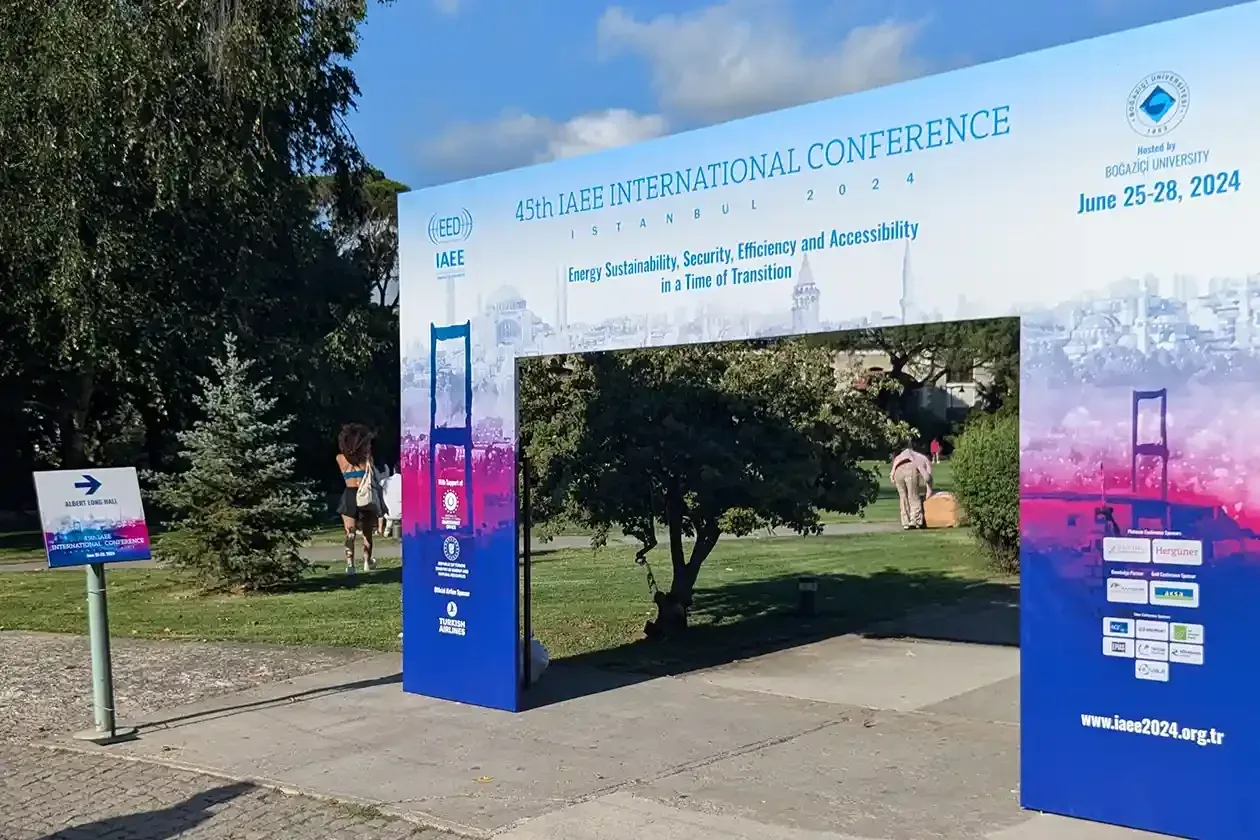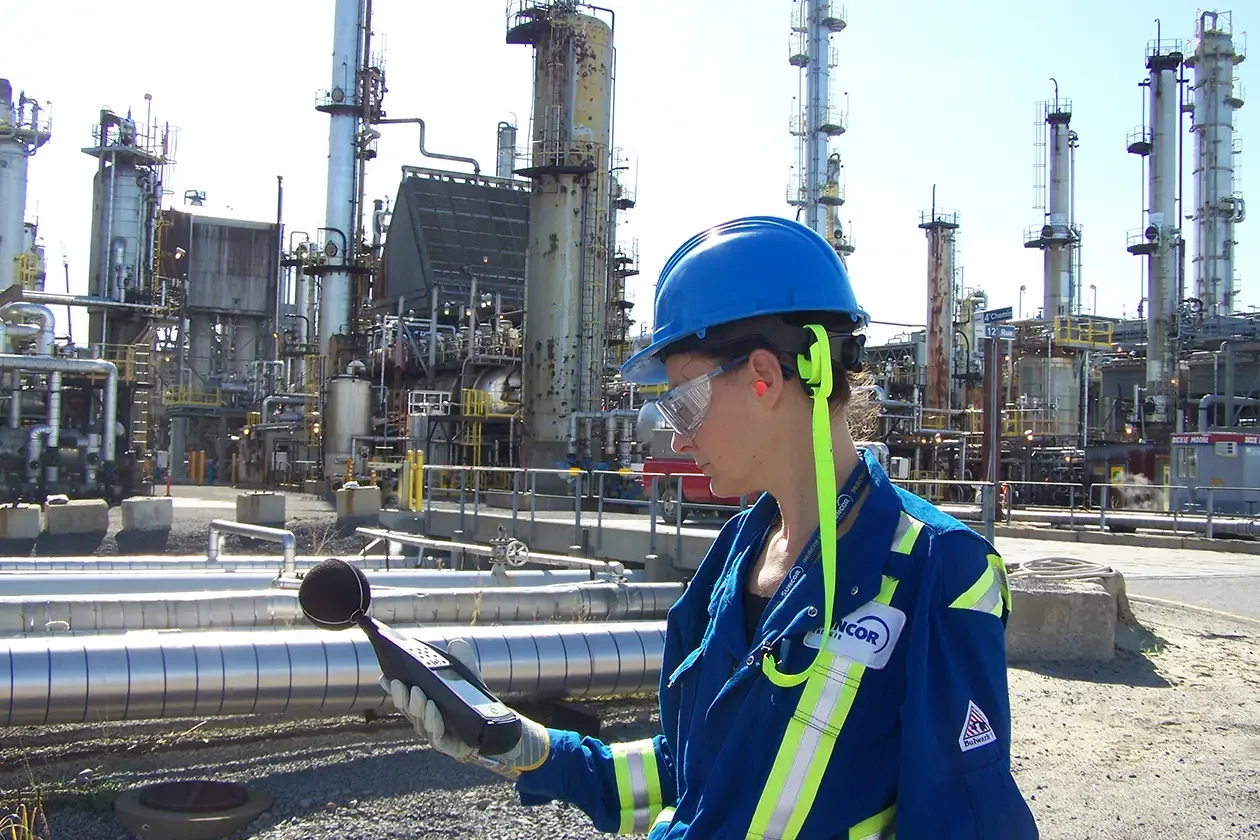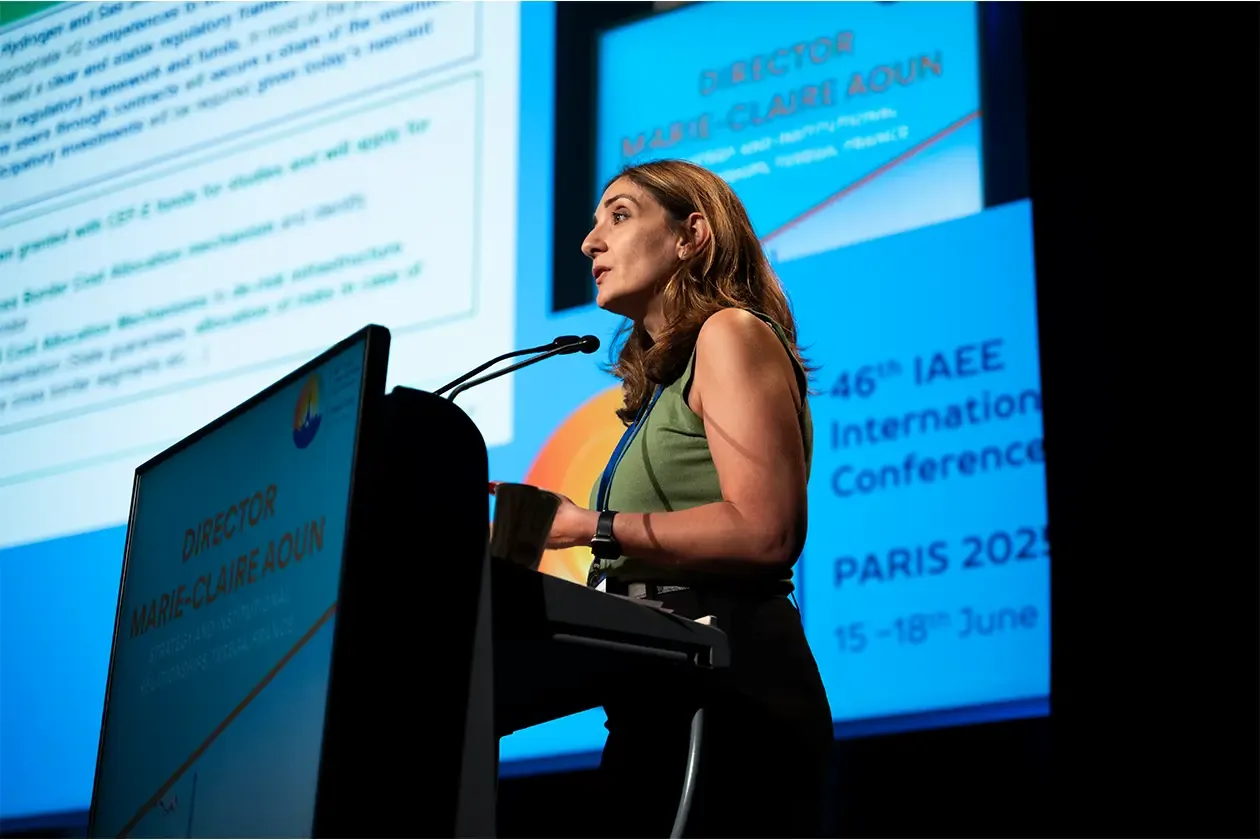Energy Journal
The Energy Journal is published bi-monthly and covers topics relating to Energy Economics. Energy Journal articles are academic in nature.

Economics of Energy & Environmental Policy Journal
EEEP is published twice per year and covers topics in the interface between energy and environmental economics with a policy orientation.


Become a Member To Access All Journal Content
Energy Forum Newsletter
Energy Forum is published quarterly and covers timely thematic energy matters. It also publishes announcements on association affiliates and events.

Call For Energy Research Papers
The USAEE/IAEE Working Paper Series promotes member research, boosting visibility and impact for unpublished work in energy economics and policy.

Looking for Conference Proceedings?
Find presentations, papers, session videos, and more.


